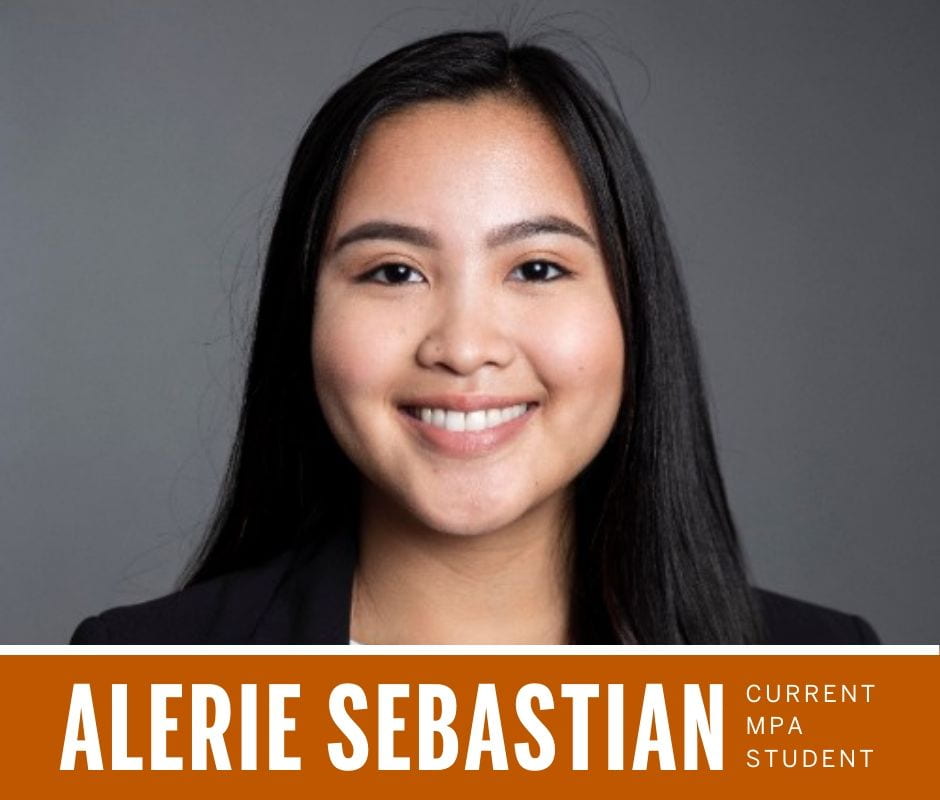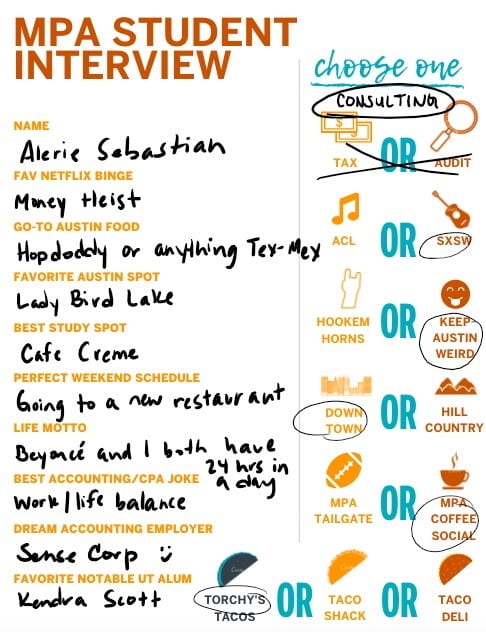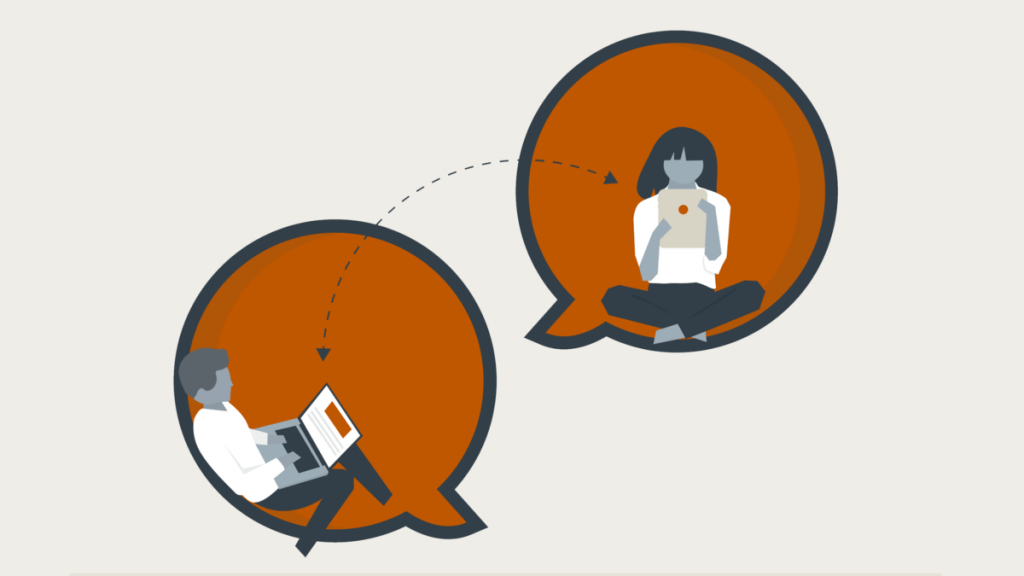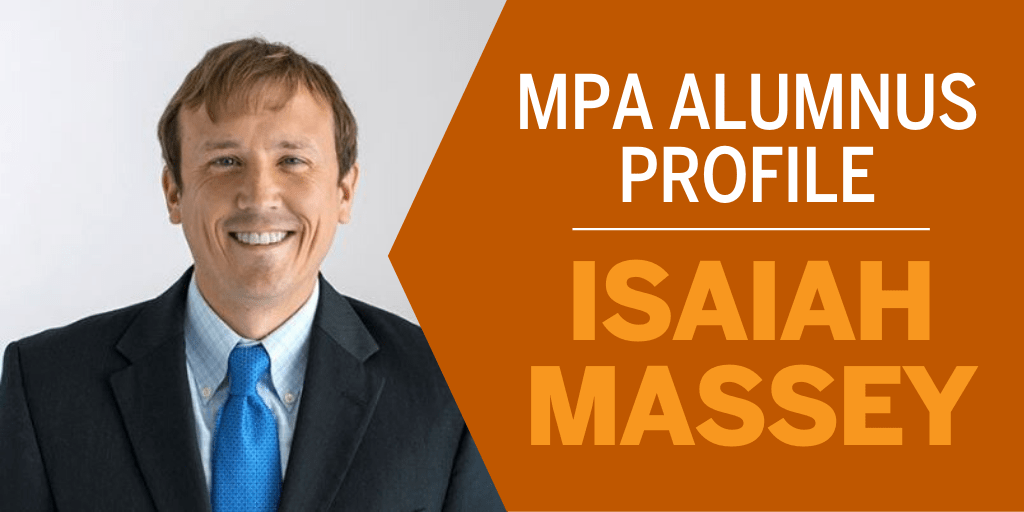The Department of Accounting’s research is making headlines. Take Steven Kachelmeier’s recent study with Laura Wang (UT PhD ’14) and Michael Williamson (former UT faculty member). Their research shows how incentives and rest can combine to improve creativity. Find out more about their paper, “Incentivizing the Creative Process: From Initial Quantity to Eventual Creativity” (The Accounting Review, March 2019) below.

HOW DO YOU COME UP WITH YOUR RESEARCH IDEAS?
In a sense, coming up with new research ideas is one part preparation, in terms of becoming familiar with the literature, and one part inspiration, in terms of identifying important questions that have been neglected in the literature. In the particular case of my research on creativity, my coauthors and I were aware of decades of management accounting research on how different kinds of incentives affect performance on routine, straightforward tasks, but there was essentially nothing in the accounting literature on how incentives affect the more open-ended, creative tasks that characterize contemporary business. We sought ways to fill that gap.
HOW DID THE IDEA FOR THIS STUDY COME TO YOU?
Our latest study of creativity continues a much longer program of study that dates back to a 2008 article in the Journal of Accounting Research I coauthored with Bernhard Reichert and Michael Williamson. In both that study and in a subsequent follow-up study (again with Michael) published in a 2010 issue of The Accounting Review, we found that the right kind of monetary incentives can result in a greater quantity of ideas without harming creativity. But at the same time, we did not find evidence that incentives can actually improve creativity. In the research that led to our 2019 article, Laura Wang, Michael, and I explored the reasoning that incentives might not improve creativity right away, but could possibly improve creativity after some rest. Sure enough, we found that a rest period as long as ten days or as little as 20 minutes between experimental sessions helped participants provided with monetary incentives generate not just a greater quantity of ideas but also more creative ideas.
WHAT WAS IT LIKE WORKING WITH LAURA AND MICHAEL?
Laura and Michael are great, not only professionally, but also at a personal level. Research is much more enjoyable when research colleagues are also friends. Laura, Michael, and I developed an effective and efficient working relationship by identifying the things each of us does best, while also capturing insights from joint conversations to plan our next steps. We achieved a joint outcome that would have been very difficult for any of us to have produced individually.
TELL US WHAT THIS PARTICULAR STUDY IS ABOUT.
Is creativity something that results from hard work or from pure inspiration? Our study predicts and finds that both elements are necessary. That is, monetary incentives are necessary to motivate people to come up with lots of ideas, even if those ideas are not particularly creative right away. Then, after taking a break from the task, those who are motivated by incentives to work hard initially become more creative after they return. As a practical example, professionals at successful companies like Google and Indeed clearly work hard. But these companies also provide ample opportunities for breaks from hard work that allow creative “incubation” to take place.
WHAT DOES IT MEAN TO CONDUCT AN “EXPERIMENT” IN ACCOUNTING?
Experimentation tests whether something matters by trying it both ways and observing the difference. For example, as every elementary school student has observed, plants grow better with ample watering (one experimental condition) than with little watering (another condition, often referred to as the “control” condition). Accounting experiments follow the same principle. Specifically, in our latest experiment, we provide monetary incentives that depend on the quantity of “rebus puzzle” ideas our participants produce in one condition, while providing fixed pay independent of production in another, control condition. We then ask separate panels of creativity raters to evaluate the creativity of the rebus puzzles our participants produce, both at the time of our initial experiment and in a second-stage task in which we ask the same participants to generate additional rebus puzzles either ten days later (in one study) or as little as 20 minutes later (in a second study). Just as the elementary school student finds that plants grow better with additional water, we find that participants’ creativity ratings are higher when they operate under monetary incentives that depend on the number of ideas they produce. Importantly, however, this difference arises only after the rest period, indicating that both incentives to work hard and some time away from the task are necessary for creativity.
WHO ARE THE “PARTICIPANTS” IN AN EXPERIMENT?
Different kinds of participants are needed for different kinds of research questions. In the particular case of this creativity research, the question did not require any particular experience or expertise, so we recruited undergraduate students as compensated volunteers. Other research questions require specific expertise, such that researchers might seek out professionals such as auditors, financial analysts, or attorneys. As one might imagine, these more experienced participants are more difficult to access, but they provide a valuable service by helping academic researchers investigate important questions that bear directly on their real-life challenges.
DO YOU EVER NEED TO RERUN AN EXPERIMENT?
Yes, absolutely! An experiment can simply fail, in which case one goes back to the drawing board and tries again. More often, an experiment does not fail, but it leaves some important questions unanswered. In our case, we found a statistically significant effect of incentives on creativity in one study after bringing participants back ten days after they participated in the first-stage experiment. This finding led us (and our journal reviewers) to wonder if it was necessary to wait a full ten days, or if a much shorter rest period could achieve the same effect. That is why we reran a different variation of our experiment with a rest period of just 20 minutes, which produced a similar finding.
YOUR LATEST ARTICLE HAS BEEN CITED MANY TIMES IN THE POPULAR PRESS. WHY DO YOU THINK THAT IS?
Who is not interested in creativity? Although our accounting backgrounds added some perspective for looking at creativity through a management accountant’s lens, a broader interest in creativity is part of everyday life for nearly everyone. Simply put, lots of people are interested in ways to become more creative, so our attempt to answer that question generated curiosity well beyond the boundaries of accounting.
Read more on Steven’s latest research here.



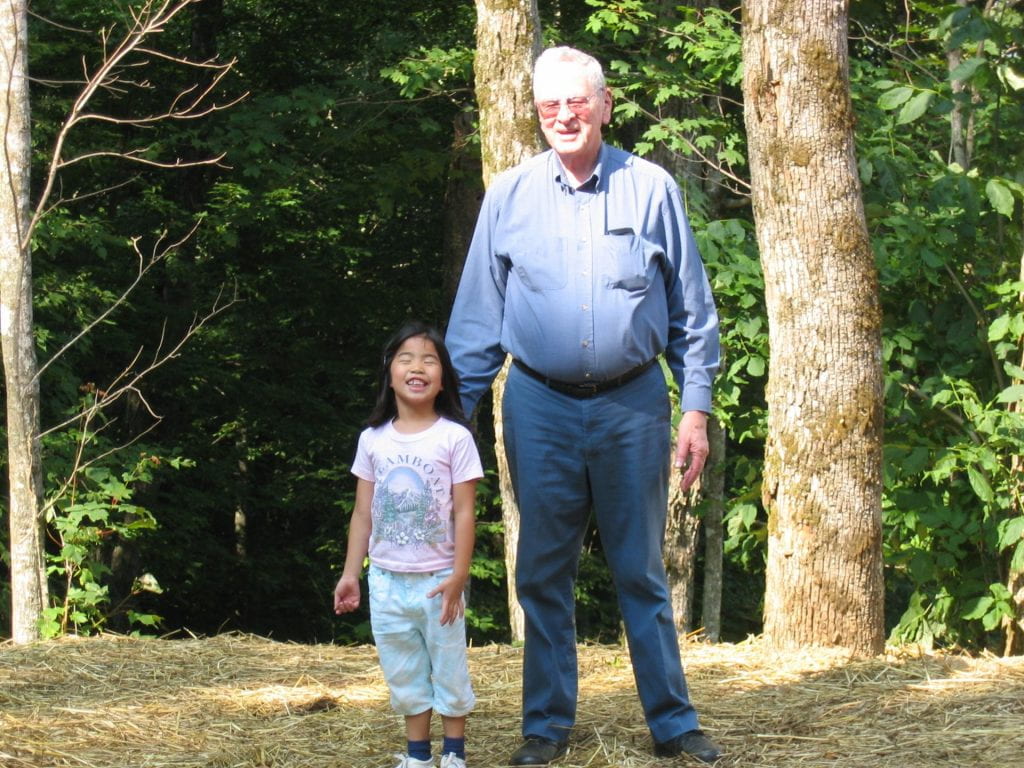
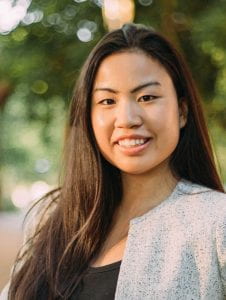 TELL US ABOUT YOURSELF, KATIE.
TELL US ABOUT YOURSELF, KATIE.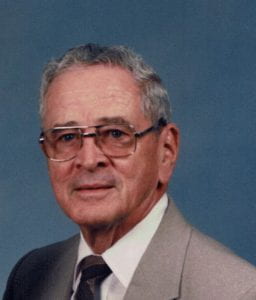 ABOUT DR. E. BEN YAGER
ABOUT DR. E. BEN YAGER
